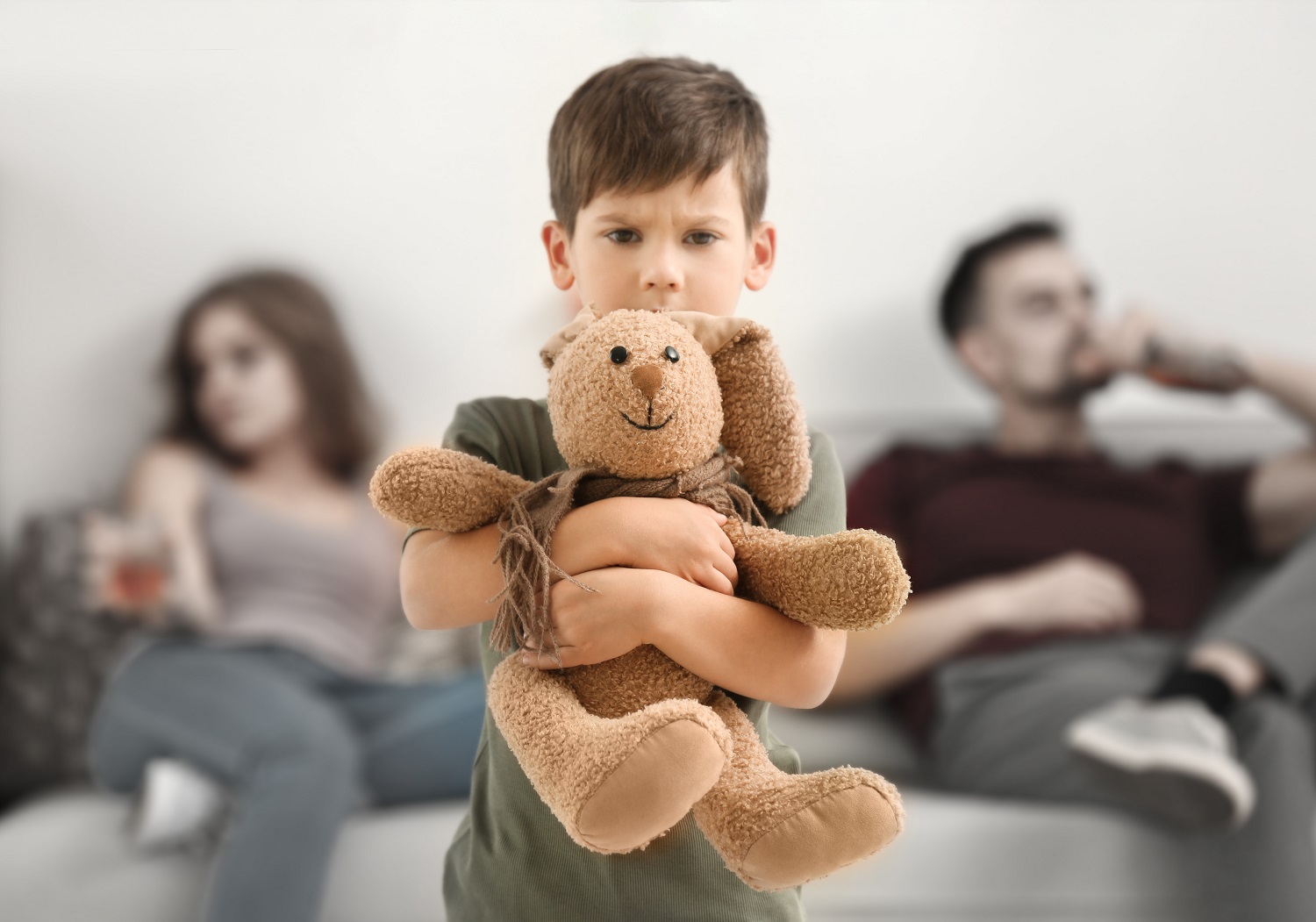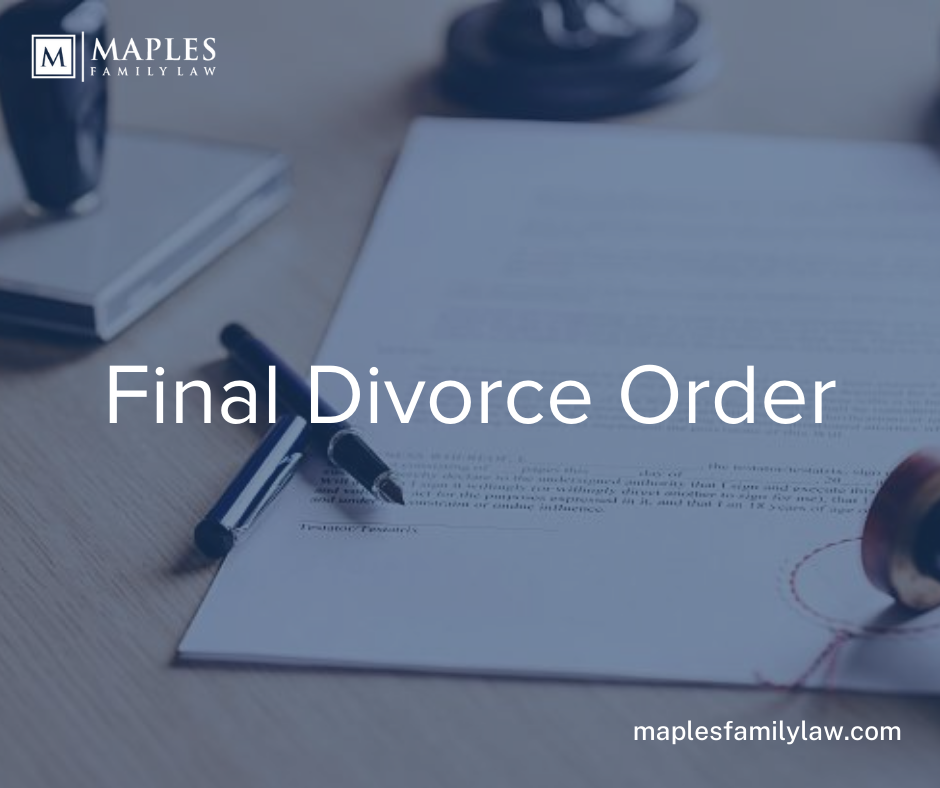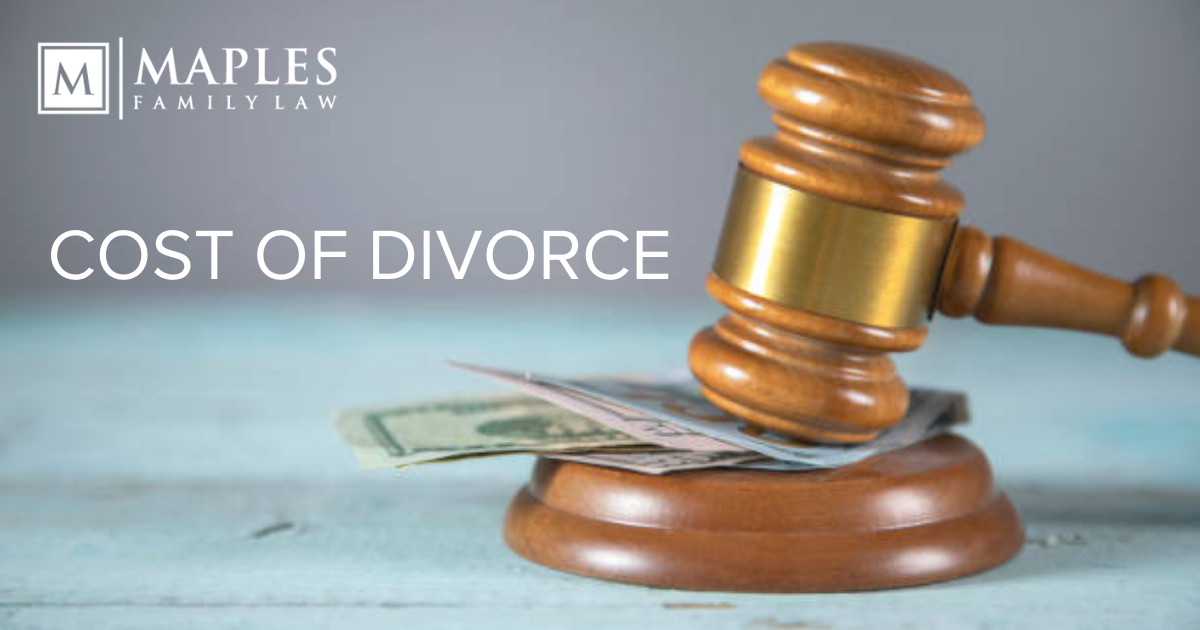 Divorce
Divorce
3 Common Ways Divorce Affects Kids
Experts agree that divorce affects kids, but just how it does is still a matter of debate – especially because each child is different.
But there are a few common themes in the ways divorce affects children, and here’s what top psychologists have to say.
3 Common Ways Divorce Affects Kids
While children react differently to divorce, many of the same aspects affect them across the board. The common themes include:
- Stress and anxiety
- Lowered confidence levels
- Acting out
#1: Stress and Anxiety
Just like it is for you, divorce is stressful for children. They handle stress differently than adults do, though.
“The dependent child’s short term reaction to divorce can be an anxious one. So much is different, new, unpredictable, and unknown that life becomes filled with scary questions. What is going to happen to next? Who will take care of me? If my parents can lose for each other, can they lose love for me? With one parent moving out, what if I lose the other too?” says Carl Pickhardt, Ph.D., psychologist and author of 15 parenting books.
How You Can Help
- Keep conflict away from the children
- Minimize daily disruptions and stick to a schedule so kids know what to expect
- Make sure both parents are involved in the kids’ day-to-day lives
#2: Lowered Confidence Levels
Like adults, kids can suffer blows to self-esteem and confidence. A period of uncertainty – like a divorce – can cause children to blame themselves for what’s going on because they connect the world around them to their own identities.
“Kids tend to be ‘egocentric’ and believe that their behavior or thoughts cause bad events. They need to know that the adults have made this decision based on their relationship and it has nothing to do with them,” says licensed clinical social worker Meri Wallace.
How You Can Help
- Reassure your kids that the divorce is not their fault
- Participate in their lives and plan team activities
- Answer questions honestly, but in age-appropriate ways
#3: Acting Out
Children act out in many ways – sometimes through smart comments and “bad” attitudes, and sometimes in more damaging ways.
“Often, negative comments from your children are expressions of distress and not criticism. Children want and need encouragement, support, and security during times of stress and change. If their needs are not being met because one or both parents are too caught up in their own hurt and drama, it is not surprising to hear negative comments and outbursts,” says Rosalind Sedacca, CDC, who is also a parenting coach and founder of the Child-Centered Divorce Network for parents.
How You Can Help
- Assure your child that he or she is safe and very loved by both of you
- Talk to your child about what’s causing the undesirable behavior
- Find a family therapist who can help your child develop new coping strategies
While no two children will be hit the same way by divorce, there are always ways you can proactively help yours – and understanding these three common themes is the right start.
Do You Need to Talk to a Stockton Divorce Lawyer?
We welcome the opportunity to answer your questions about divorce and issues such as custody, child support, spousal support, and the divorce process.
Call us at 209-910-9865 to schedule your divorce case review. You’ll talk to an experienced Stockton divorce lawyer who can give you the advice you need to begin moving forward.






